We support organisations and coalitions that promote community resilience – the ability to prepare for, cope with, and recover from shocks and stress. We also provide funding for humanitarian response after disasters, while backing long-term recovery and resilience-building.
The challenge
Millions of people are affected every year by disasters. Marginalised communities are more vulnerable and exposed due to a lack of economic opportunities, inadequate basic services, deficient infrastructure, and living in unsafe areas. The livelihoods of many rural communities depend on climate-sensitive activities such as agriculture and gathering.
One in 23 people on the planet now needs humanitarian assistance, twice the number from just four years ago. Climate change has exacerbated the crises and will continue to do so, leading to more frequent and severe extreme weather events, increased food insecurity, displacement, and economic vulnerability.
Our response
Investing in disaster risk reduction saves lives and money. It yields economic, social, and environmental benefits. Local communities are uniquely positioned to identify immediate needs, implement emergency response programmes, and participate in decision-making to better prepare for future events.
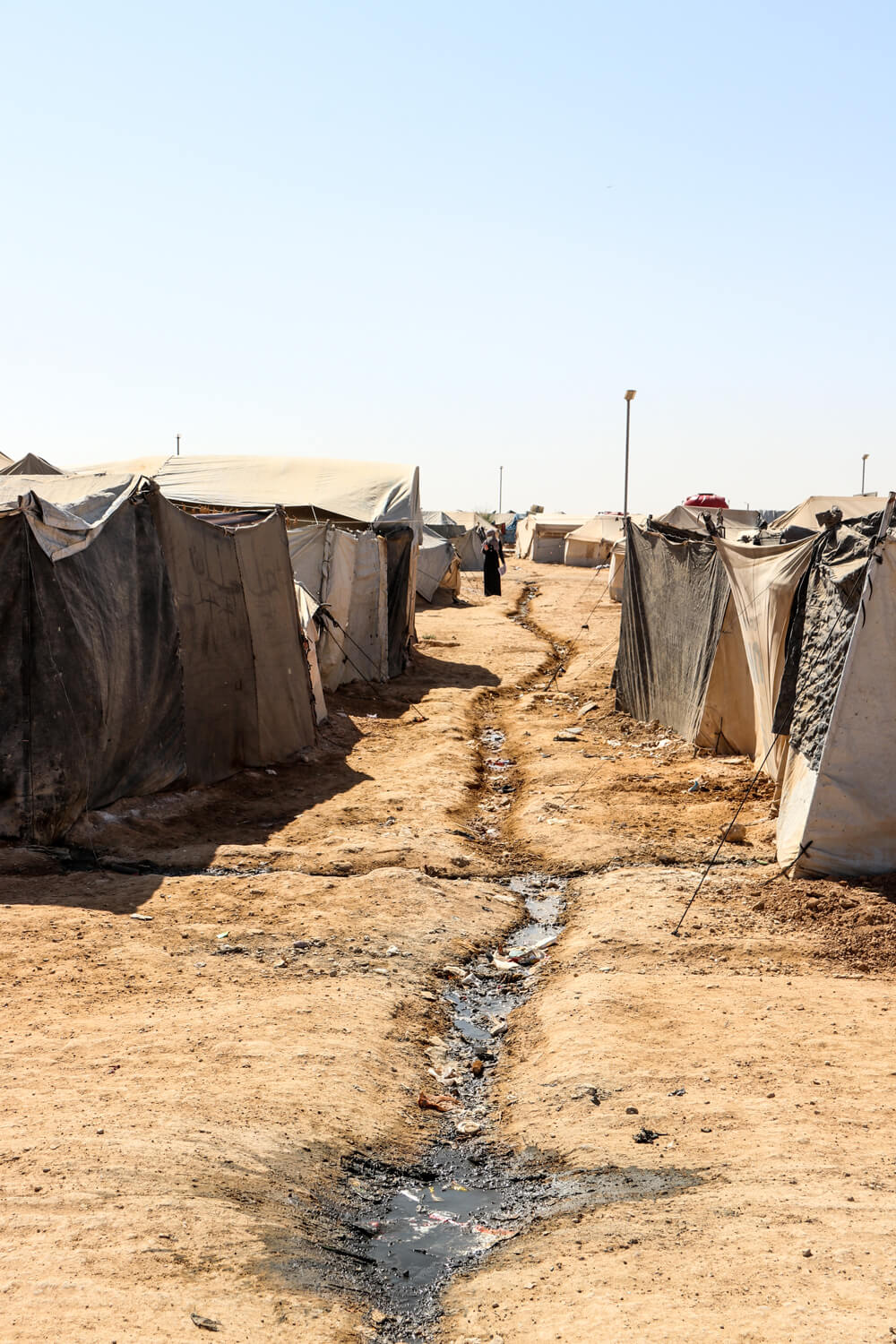
One in 23 people on the planet needs humanitarian assistance
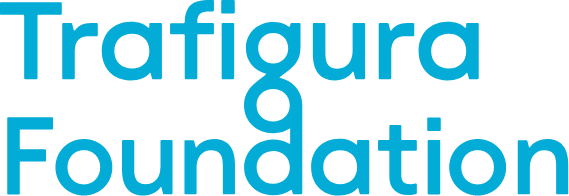
DISASTER RISK REDUCTION
We partner with organisations and coalitions that promote risk assessments, community-based disaster preparedness, early warning systems, resilience-building activities, and nature-based solutions.
Examples include the management of ecosystems that provide protective barriers against hazards and the promotion of sustainable land and water management practices to increase resilience.
DISASTER RESPONSE
When disasters occur, we support organisations that offer timely and effective relief and recovery efforts, including efforts to restore infrastructure, livelihoods, and basic services. In those cases, we prioritise projects that address the immediate needs of affected communities while considering their long-term recovery and resilience-building.
Since countries marked by conflict and fragility are adversely affected by disasters, and in turn disasters exacerbate these conditions, adapting a ‘do no harm’ and conflict-sensitive approach is key. We prioritise community-centred and locally-led approaches that promote gender equality and foster social cohesion in the prevention, recovery, and rebuilding process.
Related partnerships
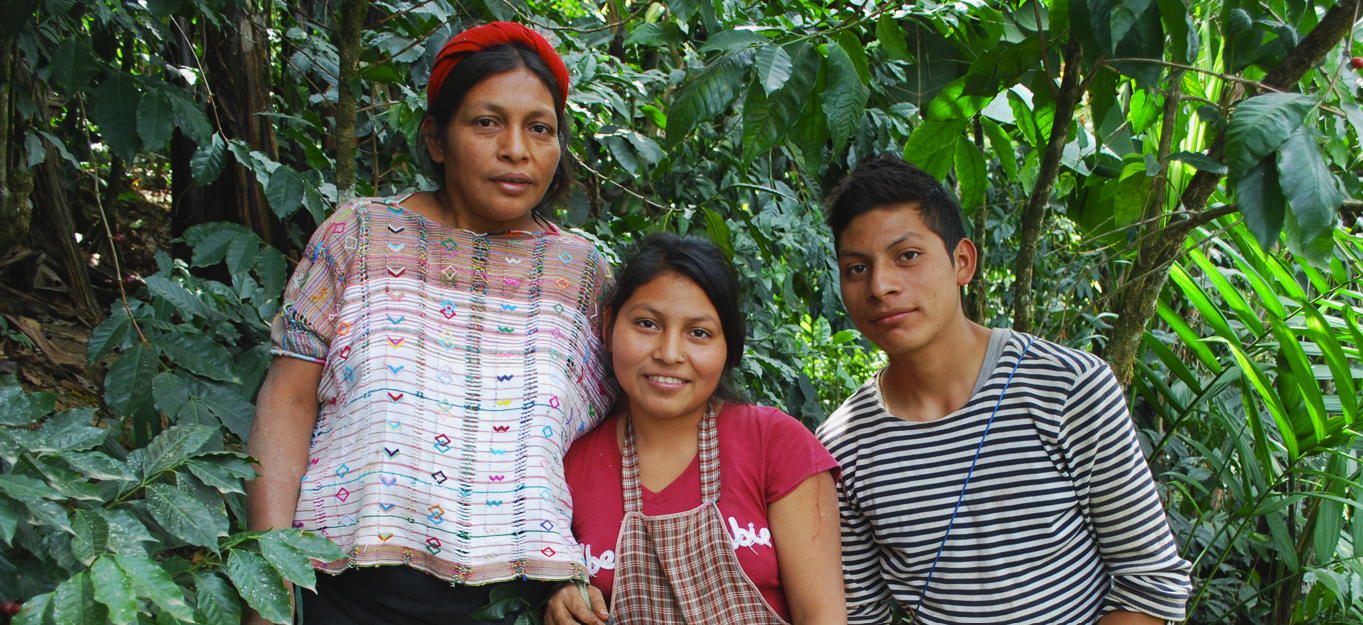
Supporting loans to social enterprises serving indigenous communities

Building sustainable forest industries in developing countries
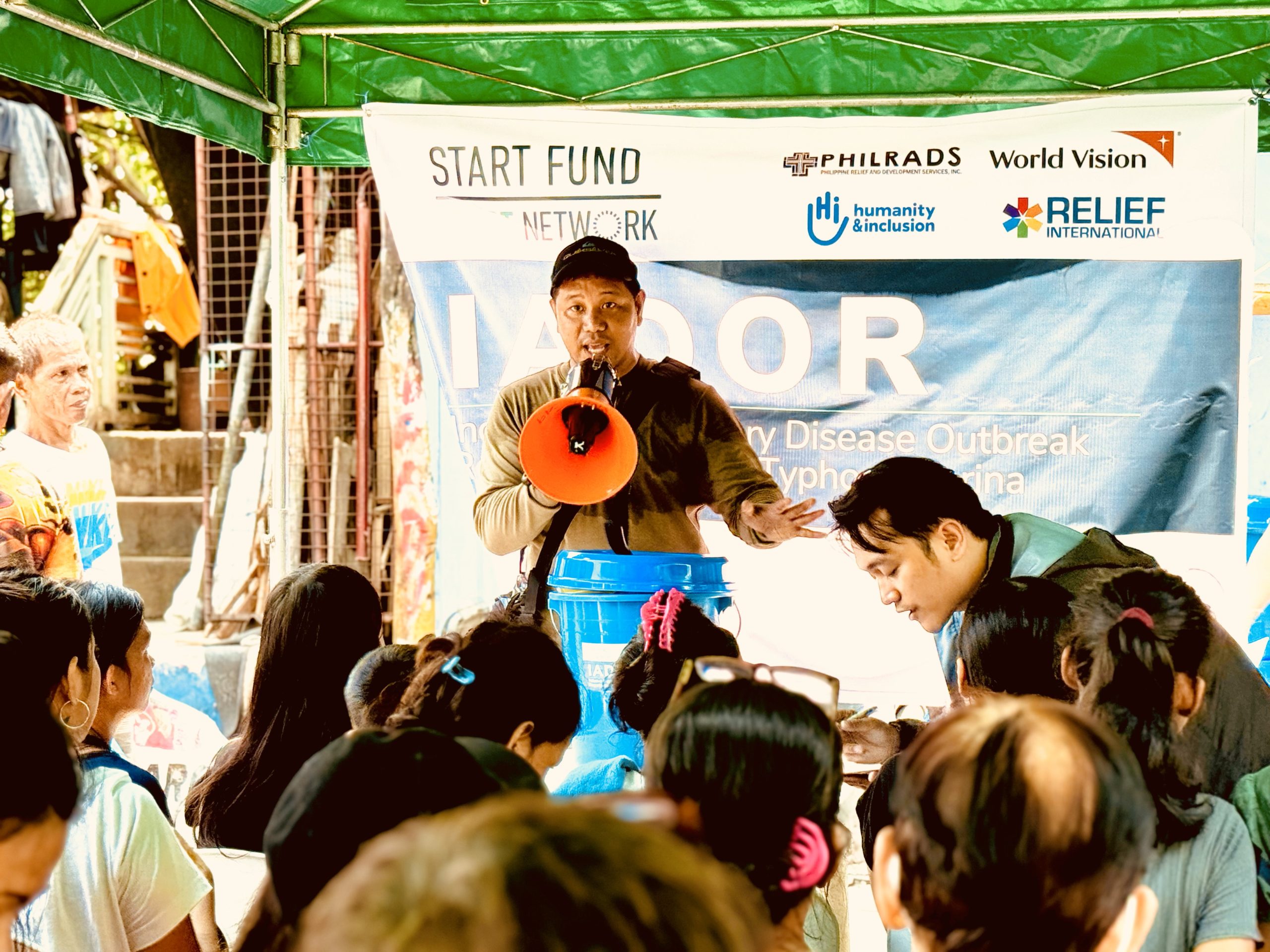
Responding rapidly and effectively to humanitarian crises
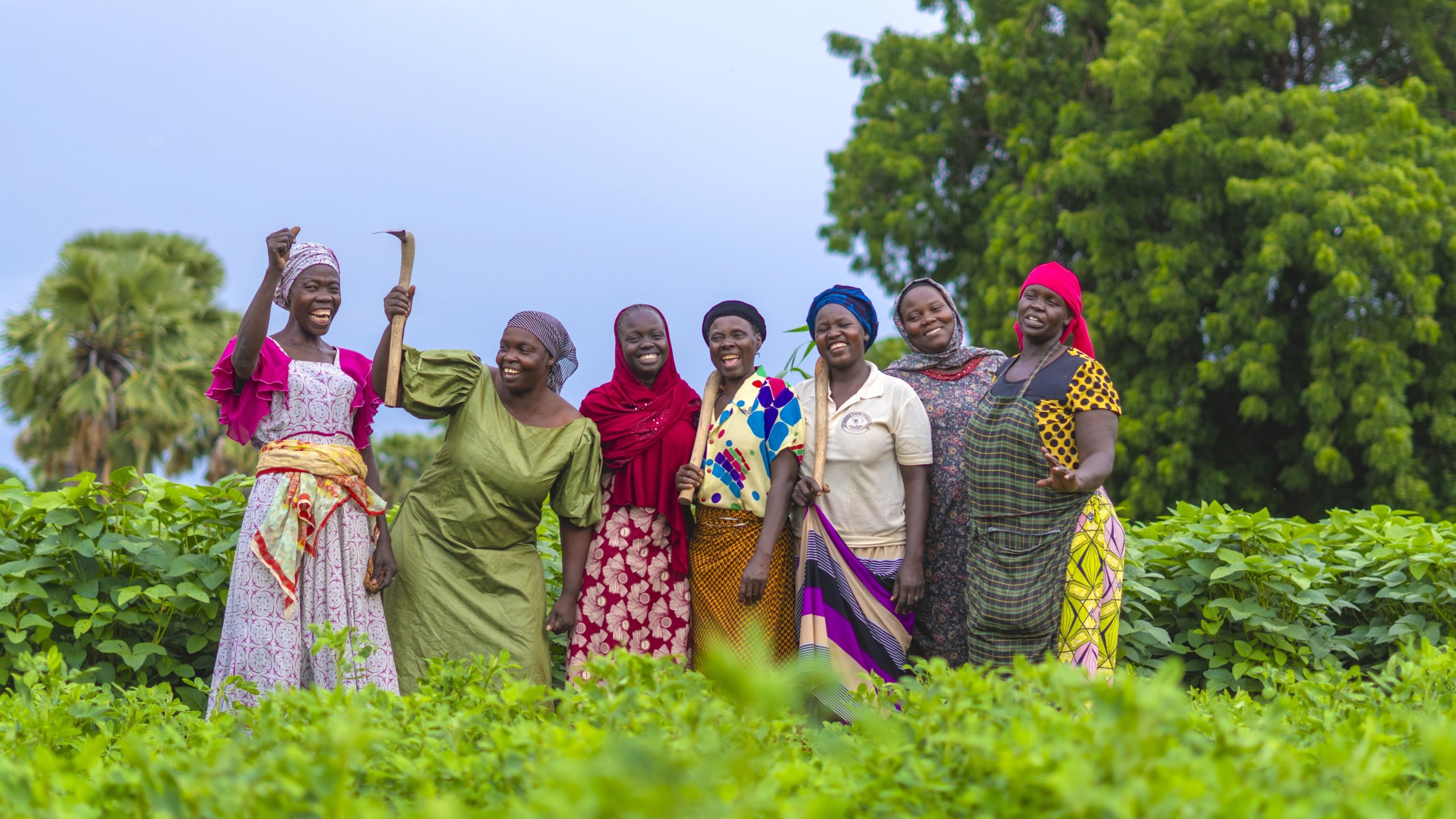
Helping farmers thrive in climate- and conflict-affected countries in Africa

Partnering with rural businesses to power community resilience
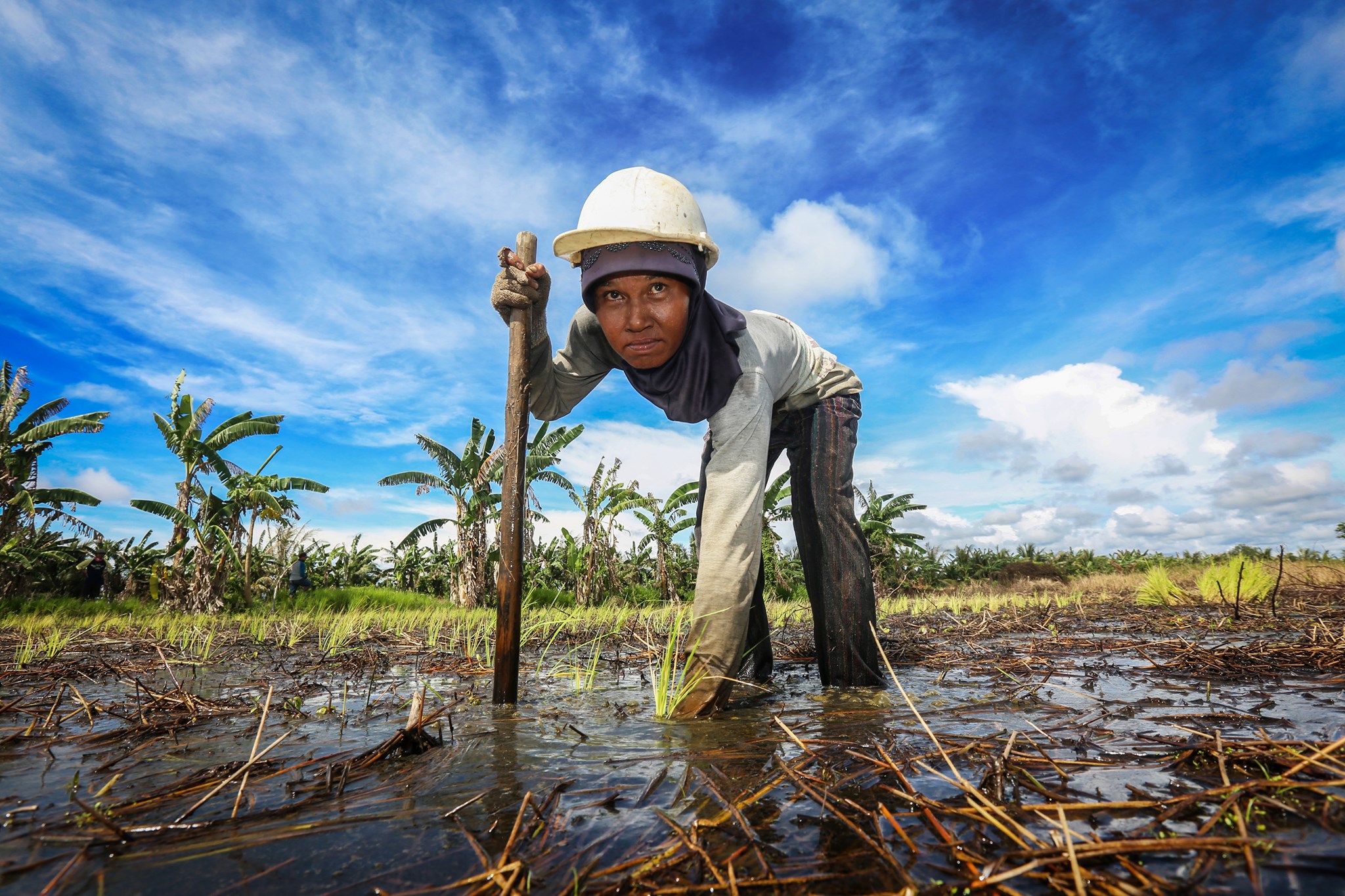
Scaling up community-led ecosystem-based adaptation
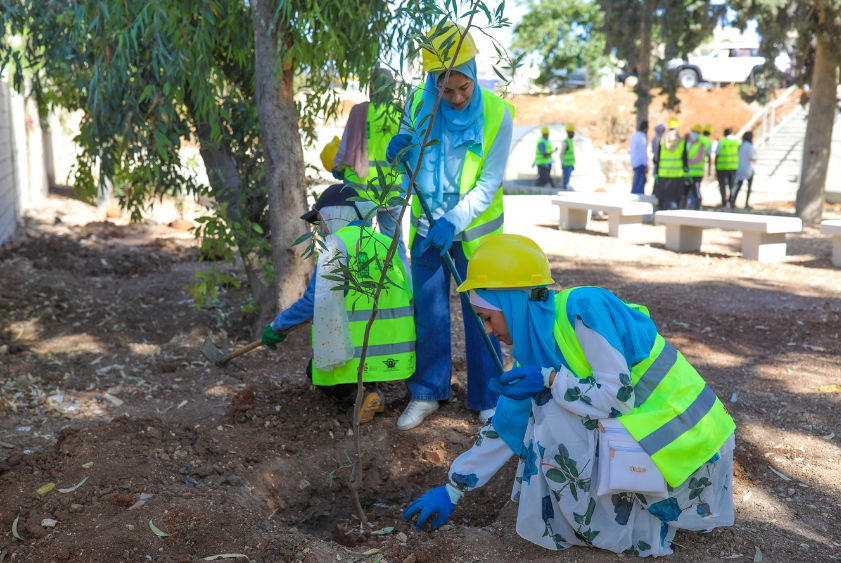
Equipping youth for the green economy
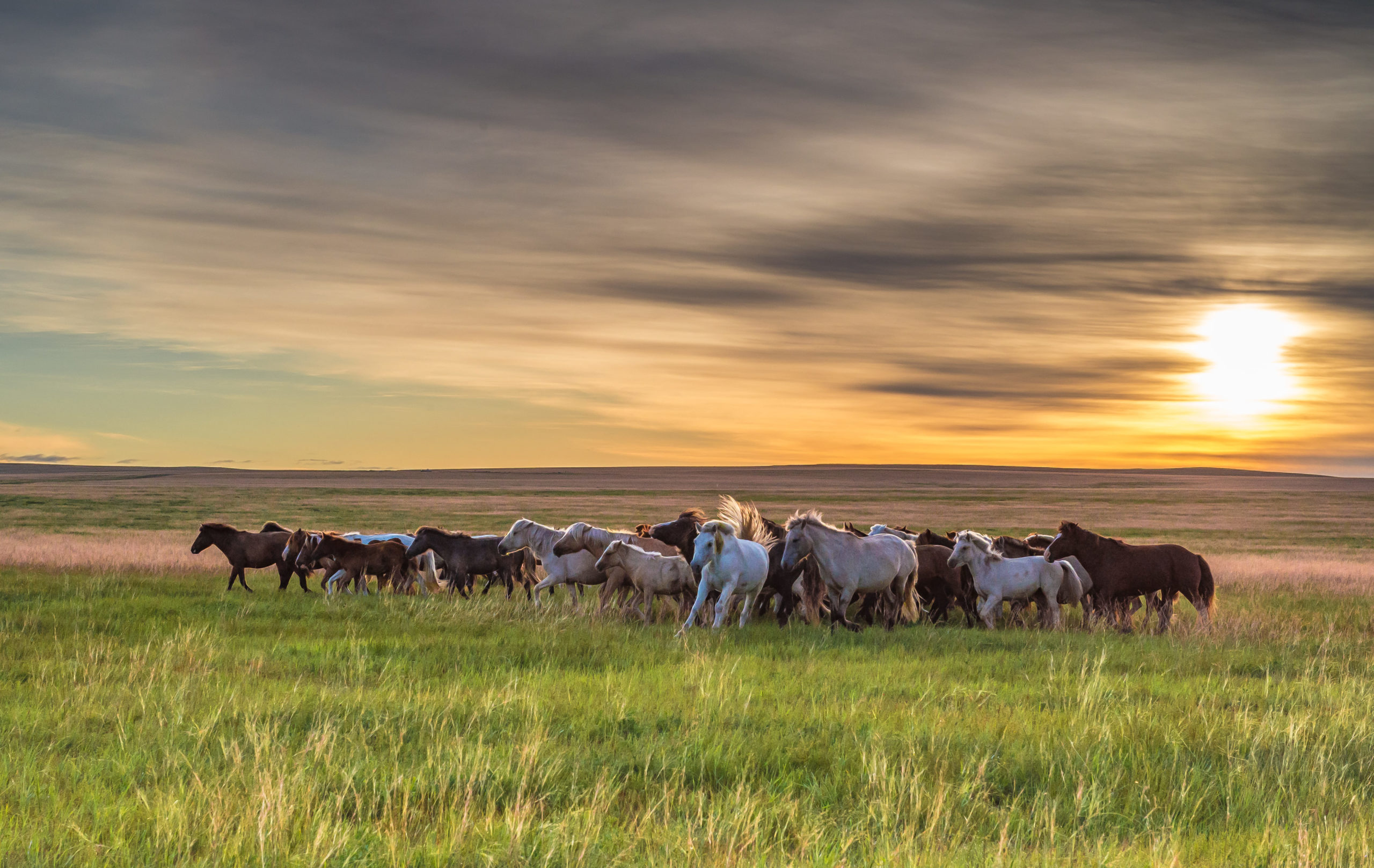
Securing Mongolia’s grasslands and herders in the face of climate change
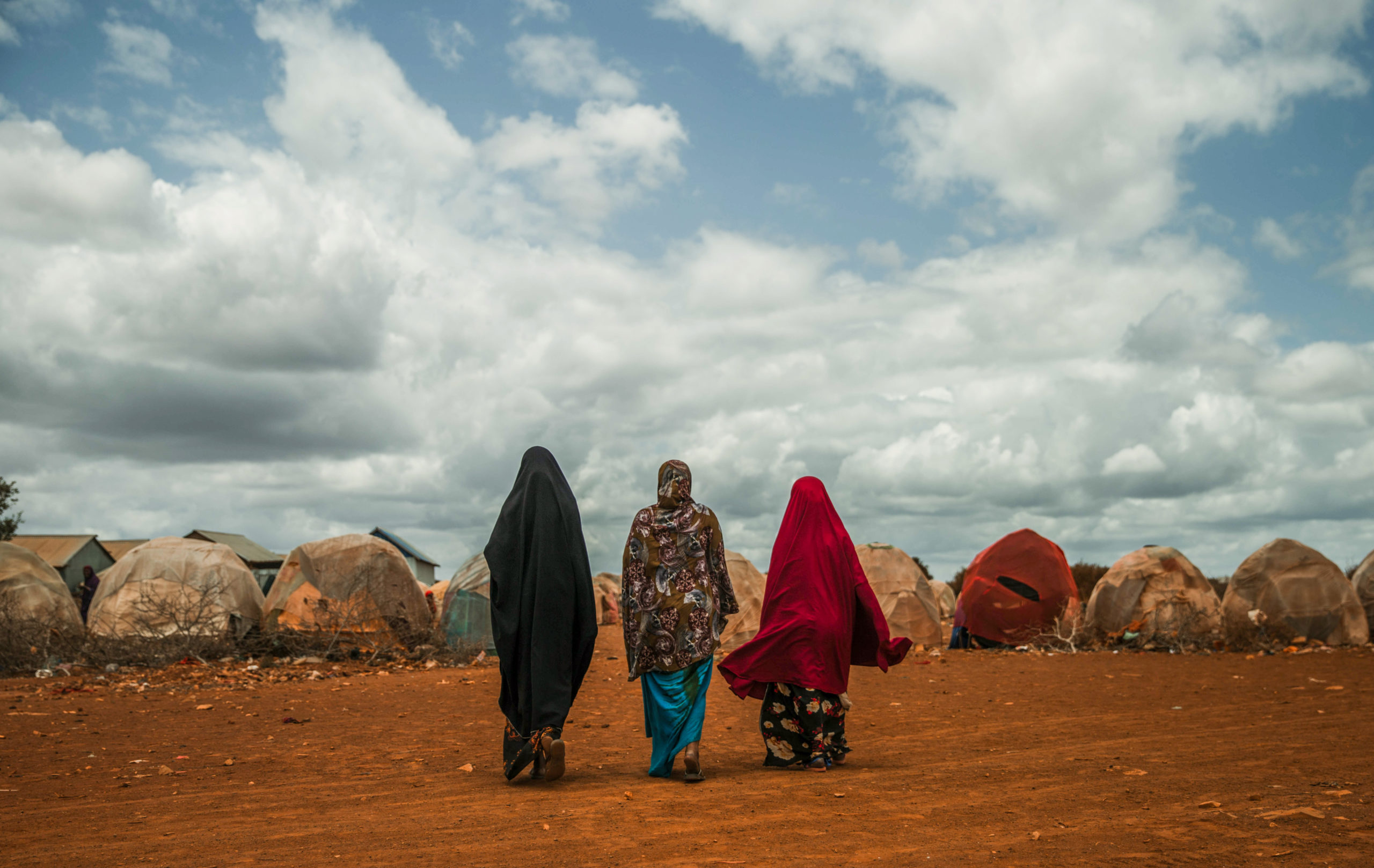
Building climate resilience and addressing crises for at-risk populations
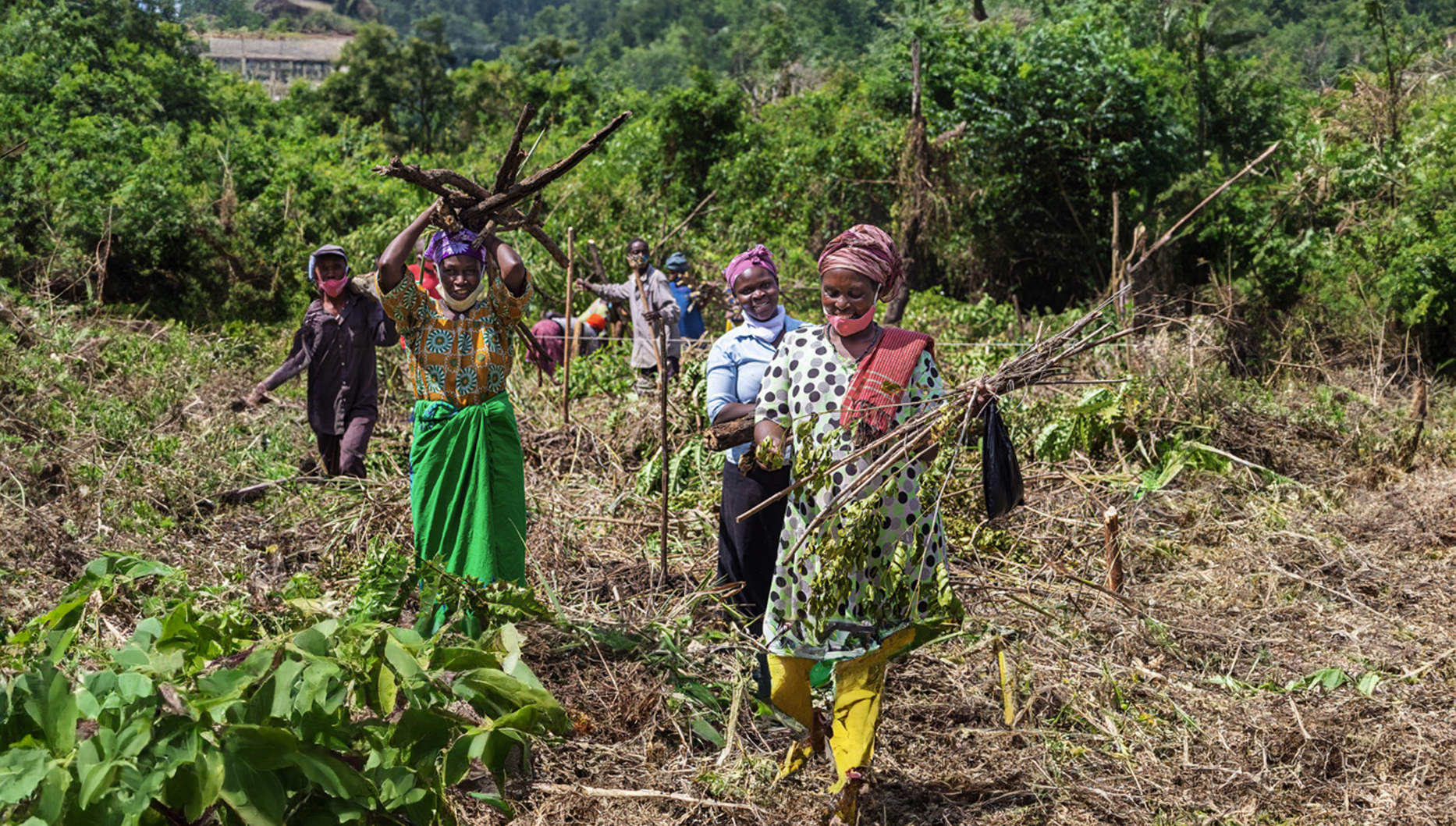
Scaling up fair and equitable nature-based finance for communities
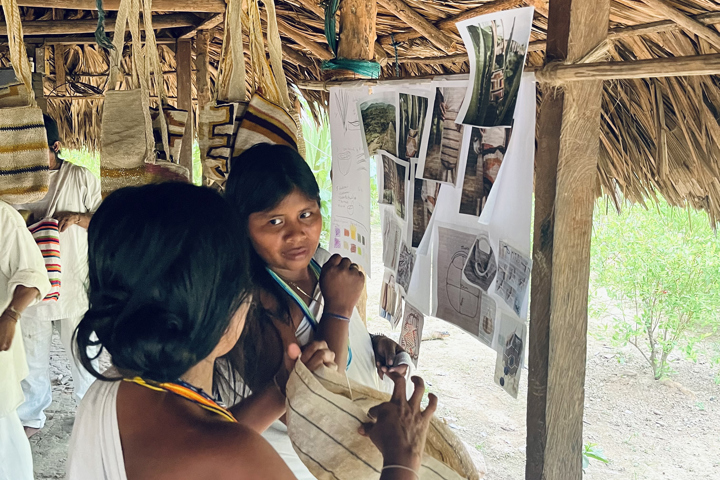
Enabling climate-resilient entrepreneurship in conflict-affected countries

Securing a sustainable future for the coral reefs of the Sulu-Sulawesi Sea
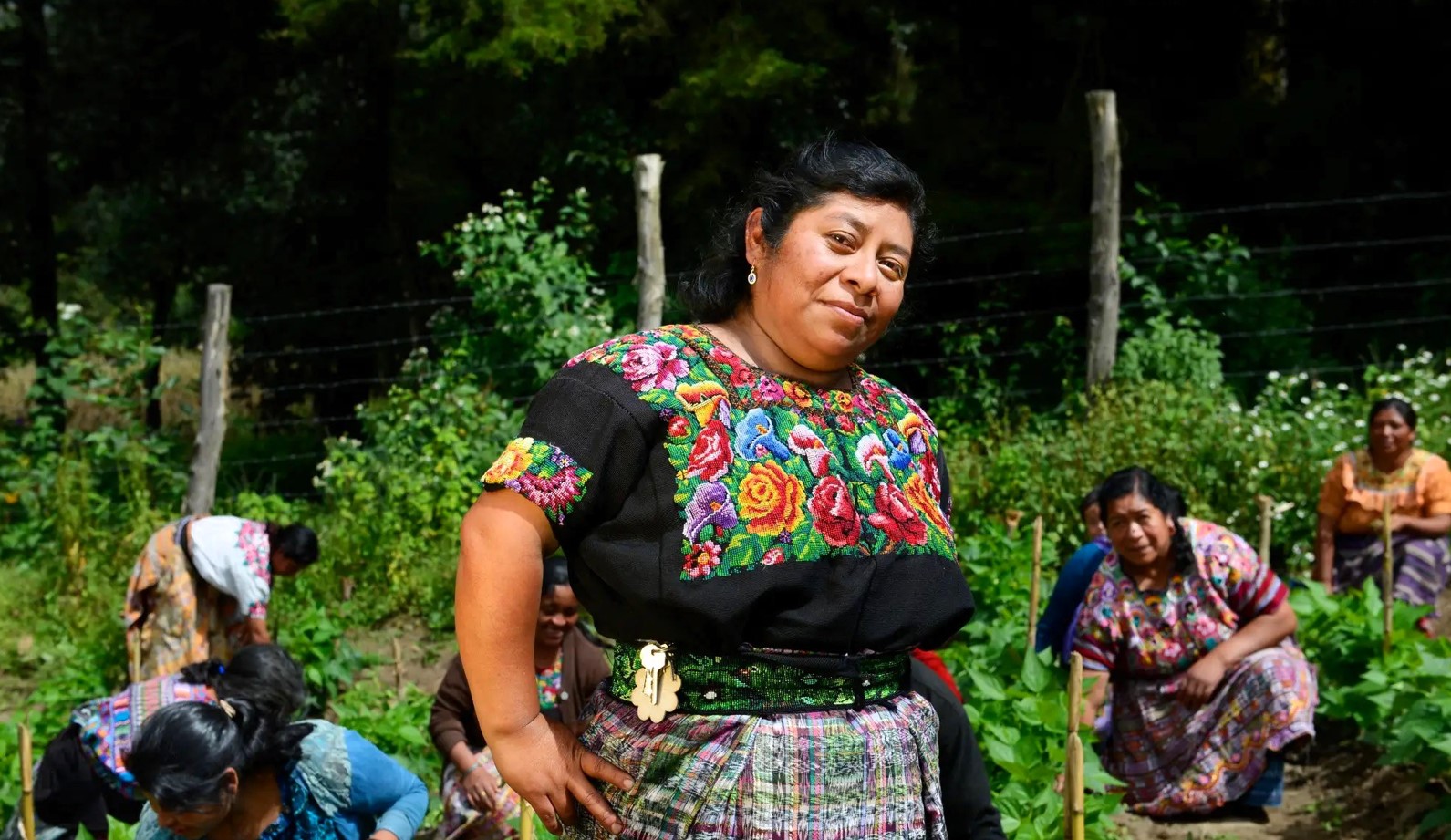
Supporting climate adaptation in Northern Central America
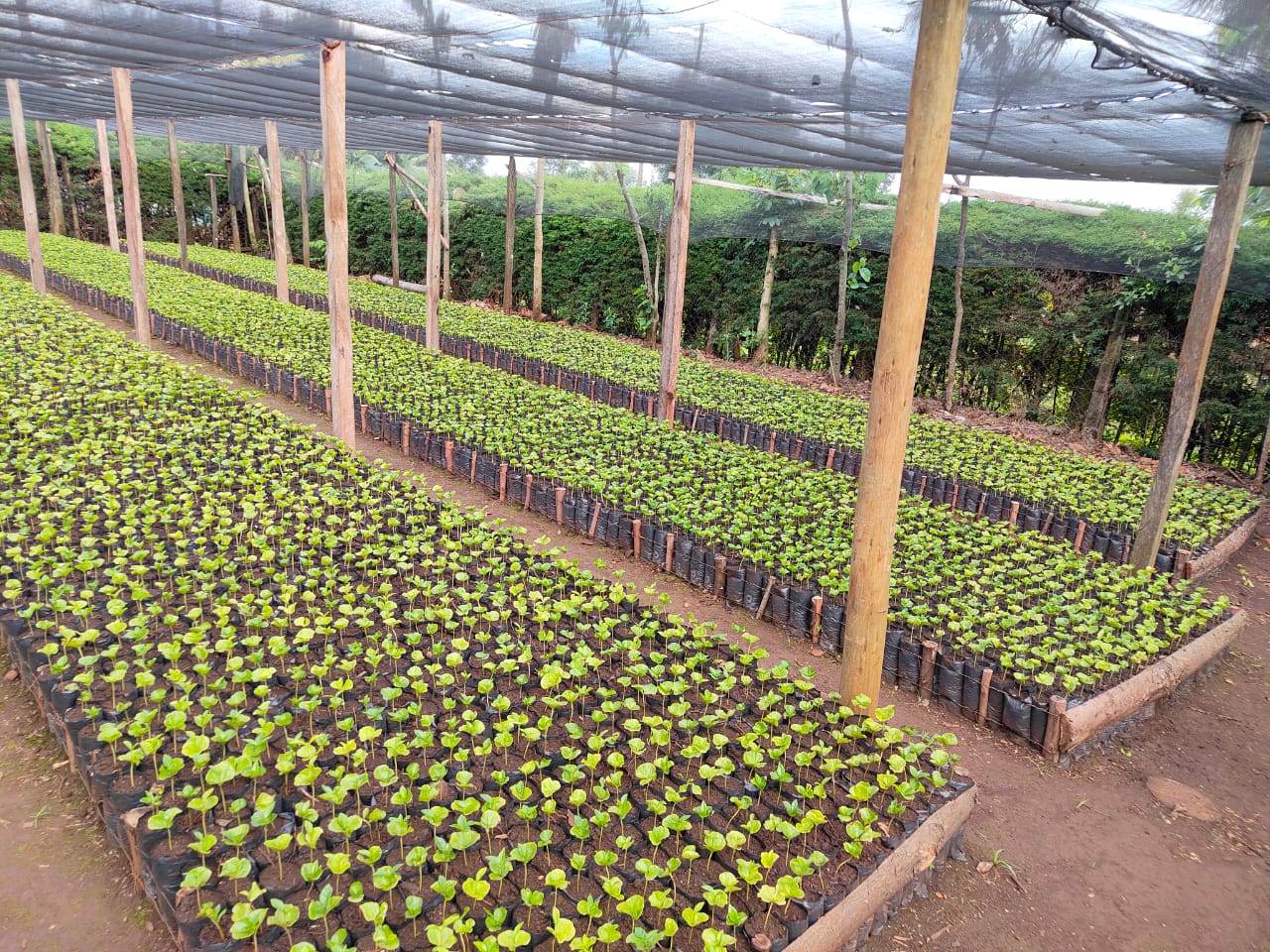
Scaling up catalytic solutions for climate-resilient food systems in Africa
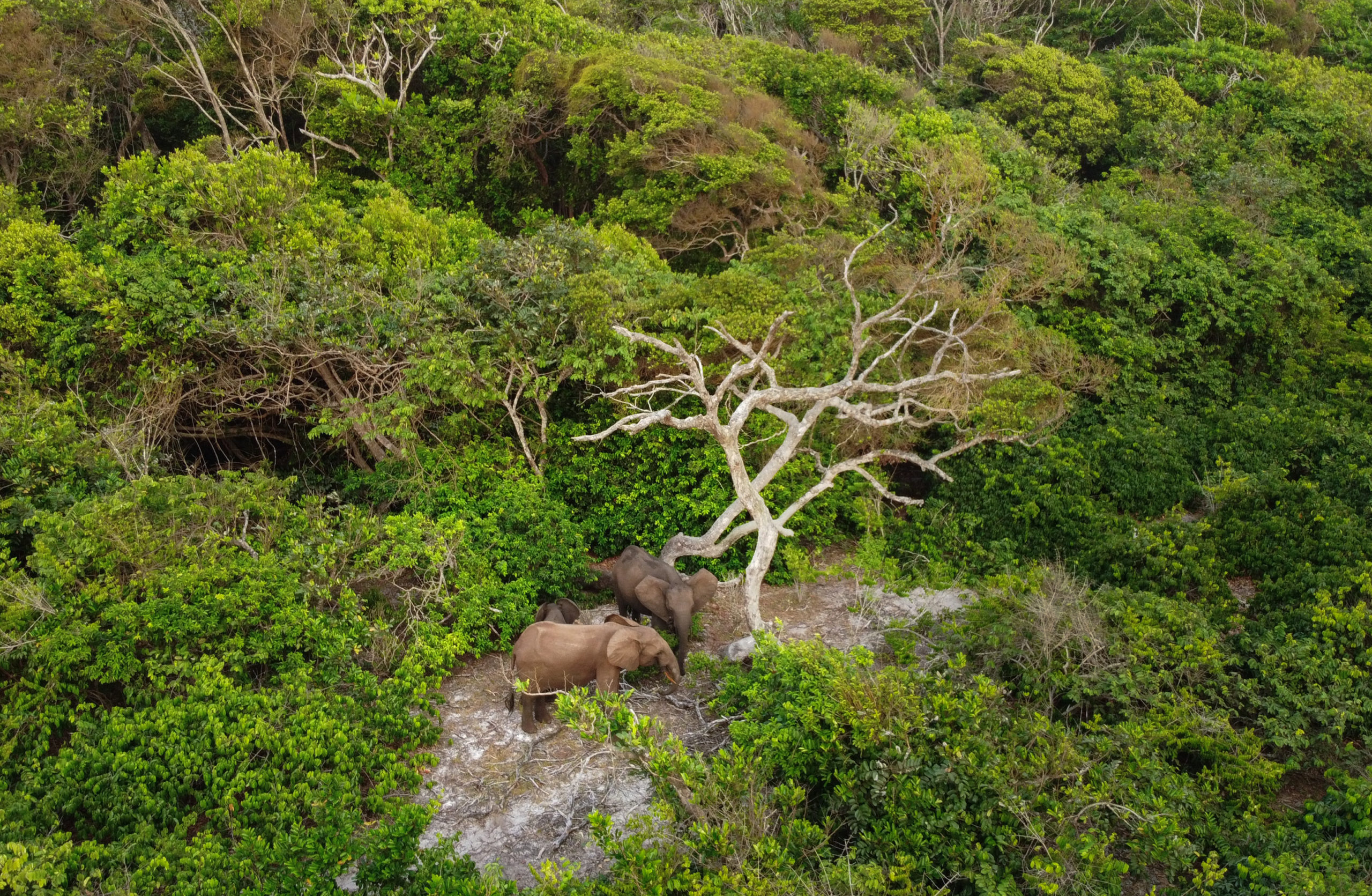
High-quality carbon projects for people and nature
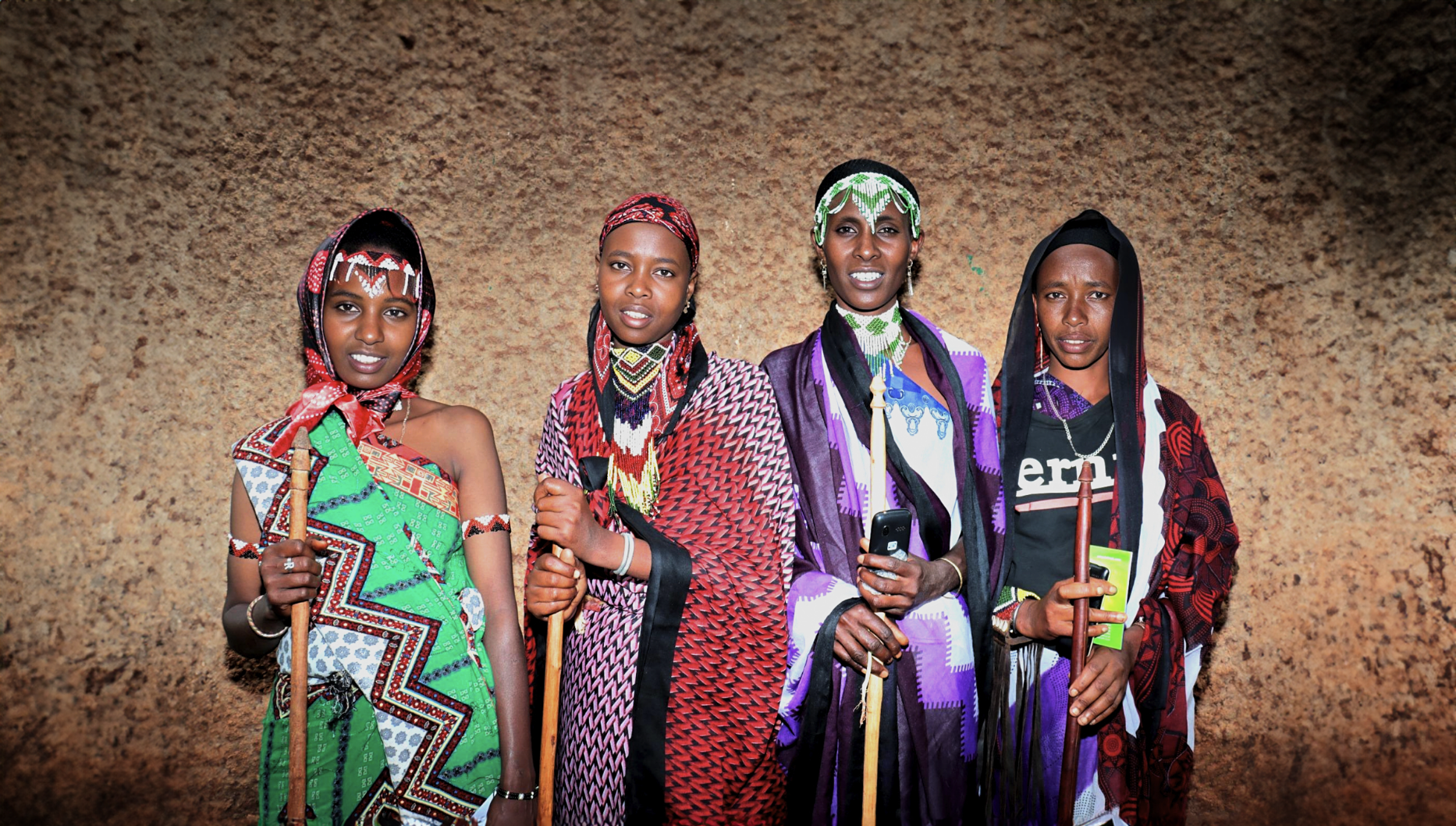
Lifting pastoral women and youth out of poverty through community-based natural resource management
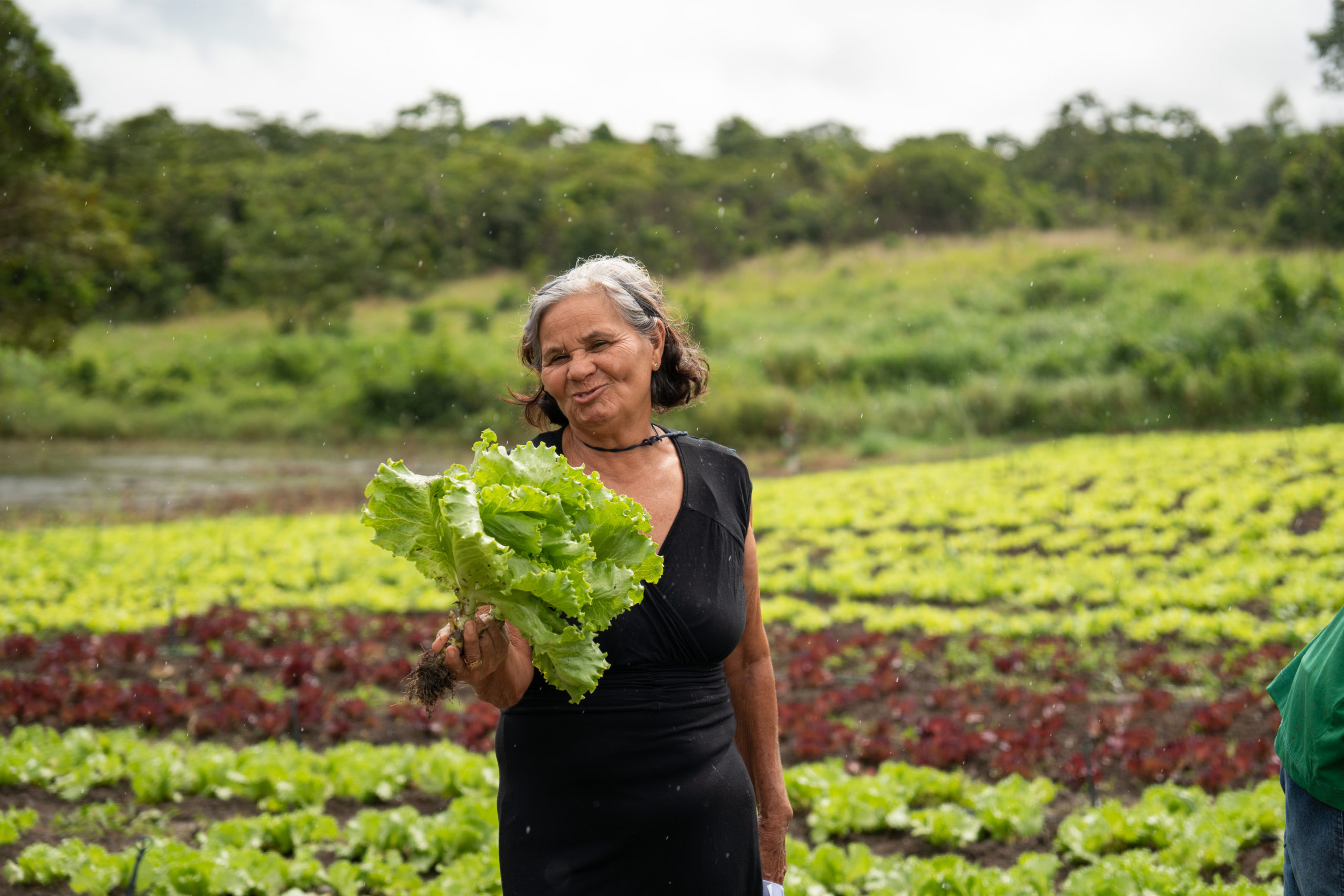
Helping community enterprises in the Amazon to access markets

Empowering disconnected youth so they can achieve their potential
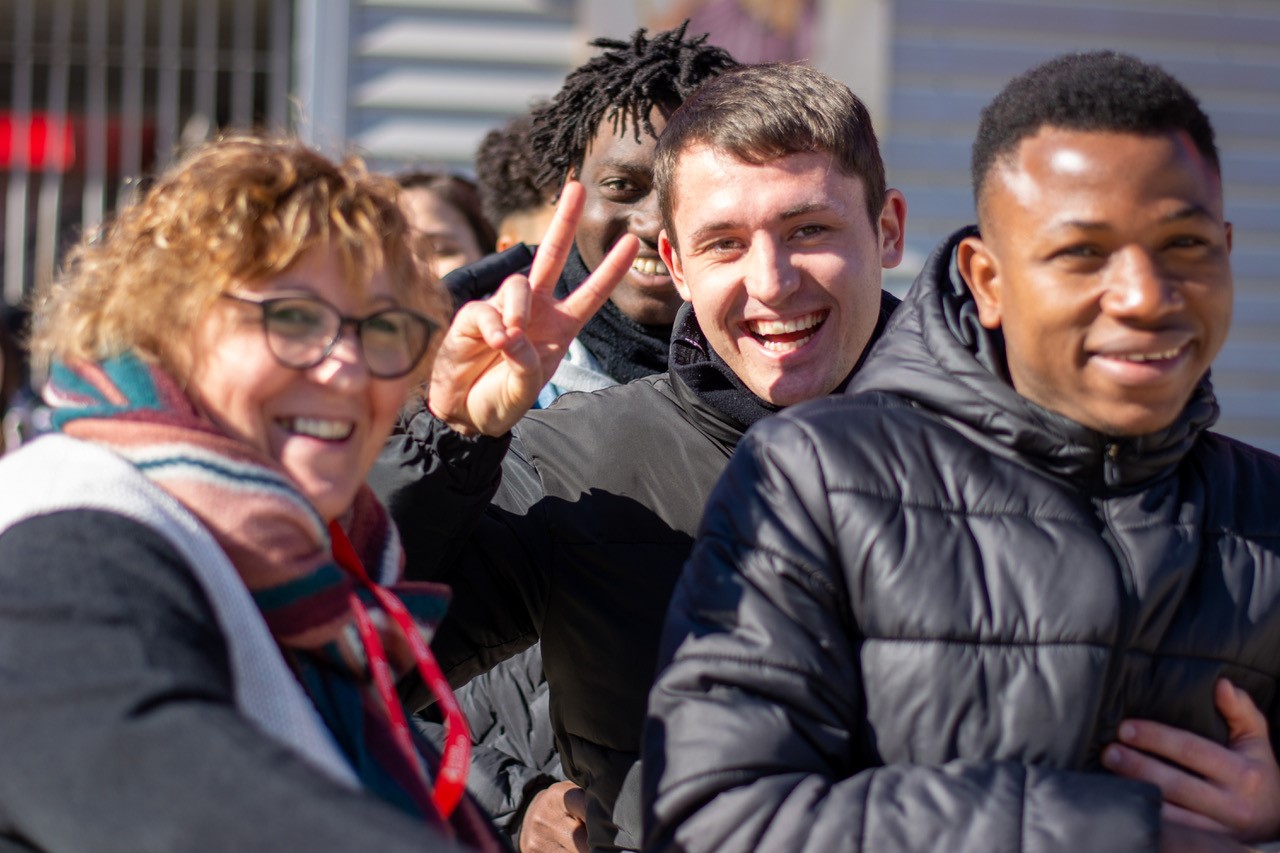
Boosting employment opportunities for youth in Huelva and Seville

Creating a responsive and fair labour market for Egyptian youth

The International Seafarers’ Welfare and Assistance Network (ISWAN) assists seafarers and their families and campaigns for greater rights for maritime workers.
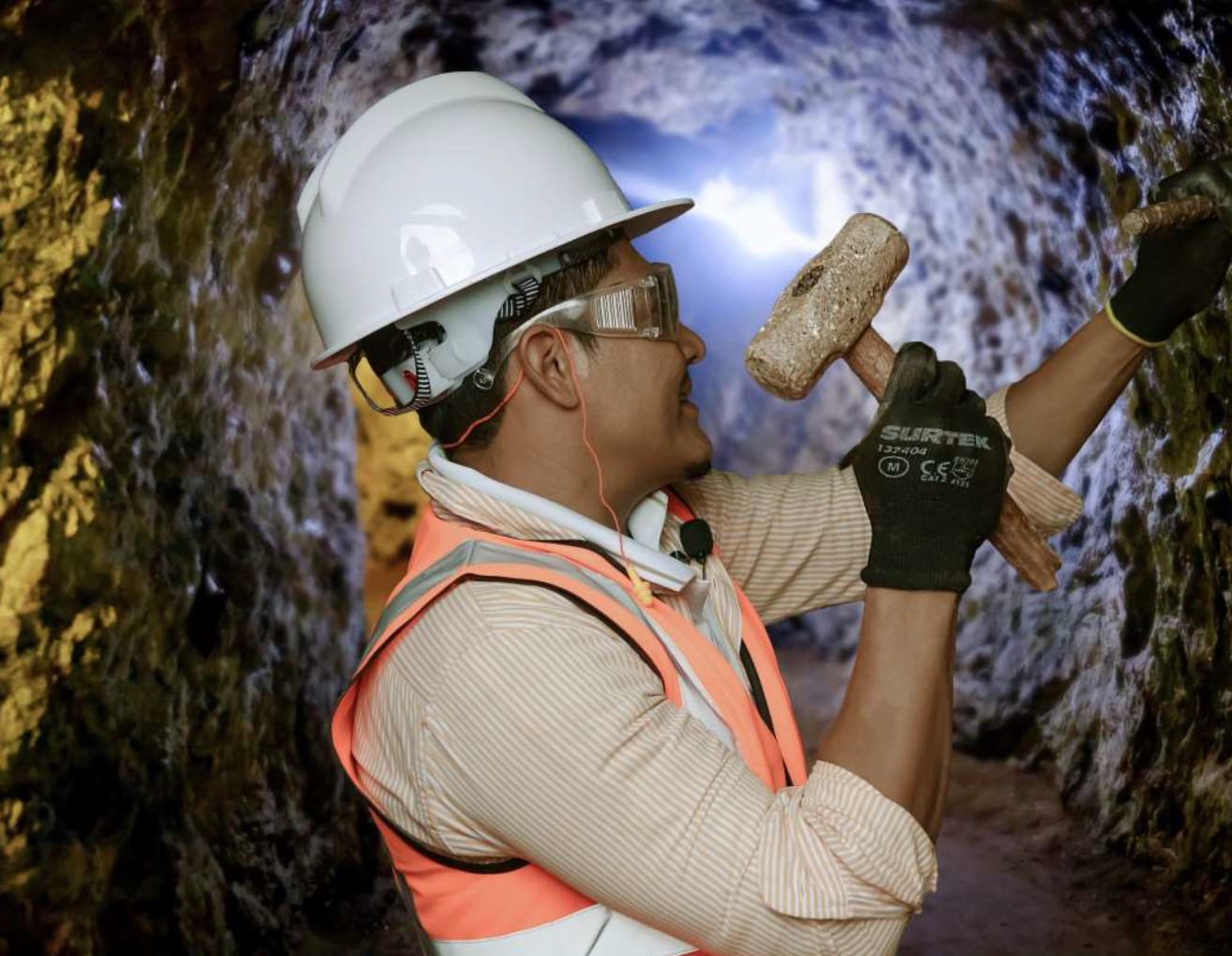
Empowering Artisanal and Small-Scale Miners
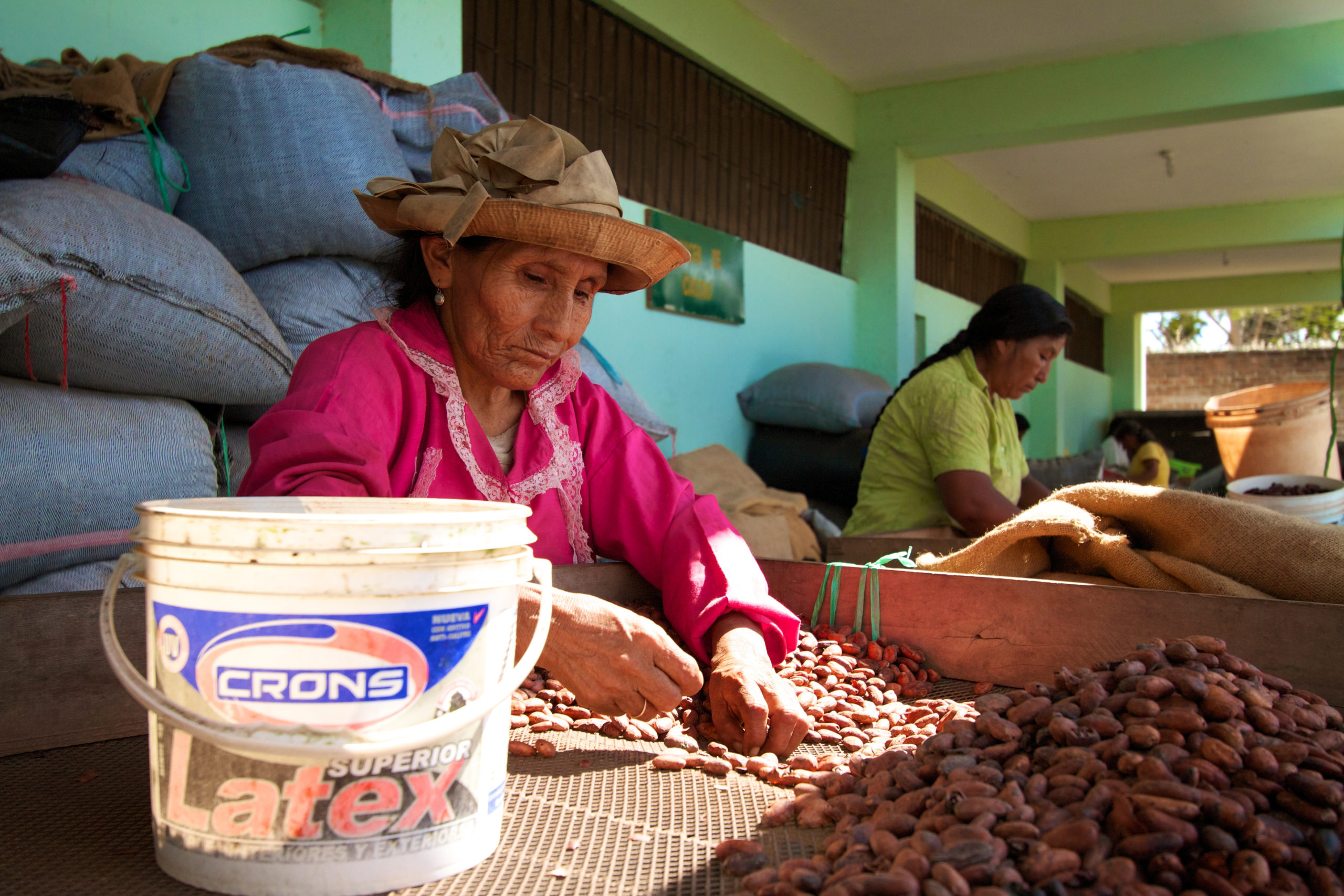
Strengthening business and climate resilience for 15 cocoa enterprises to accelerate inclusive economic growth
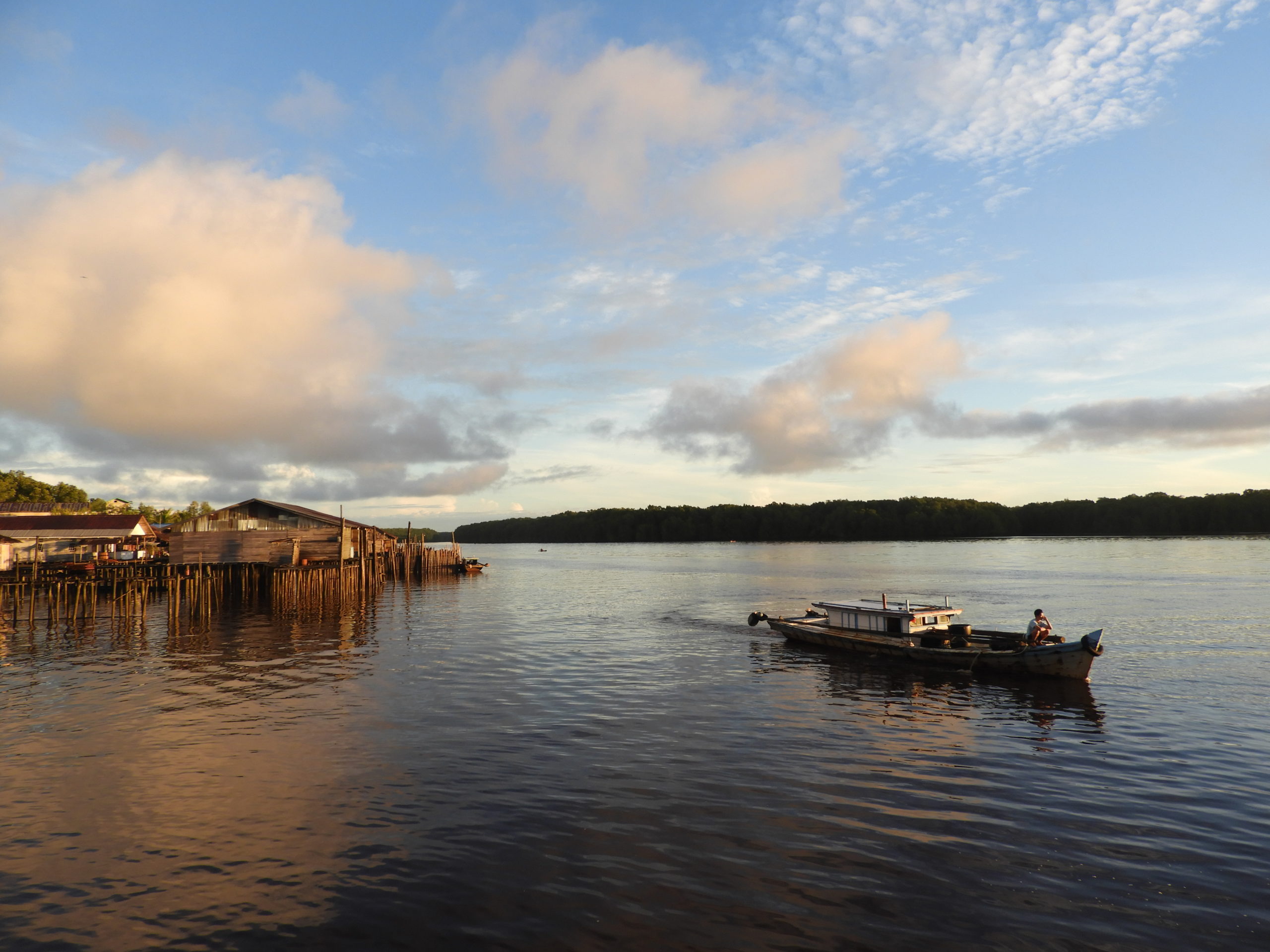
Empowering communities to develop sustainable livelihoods
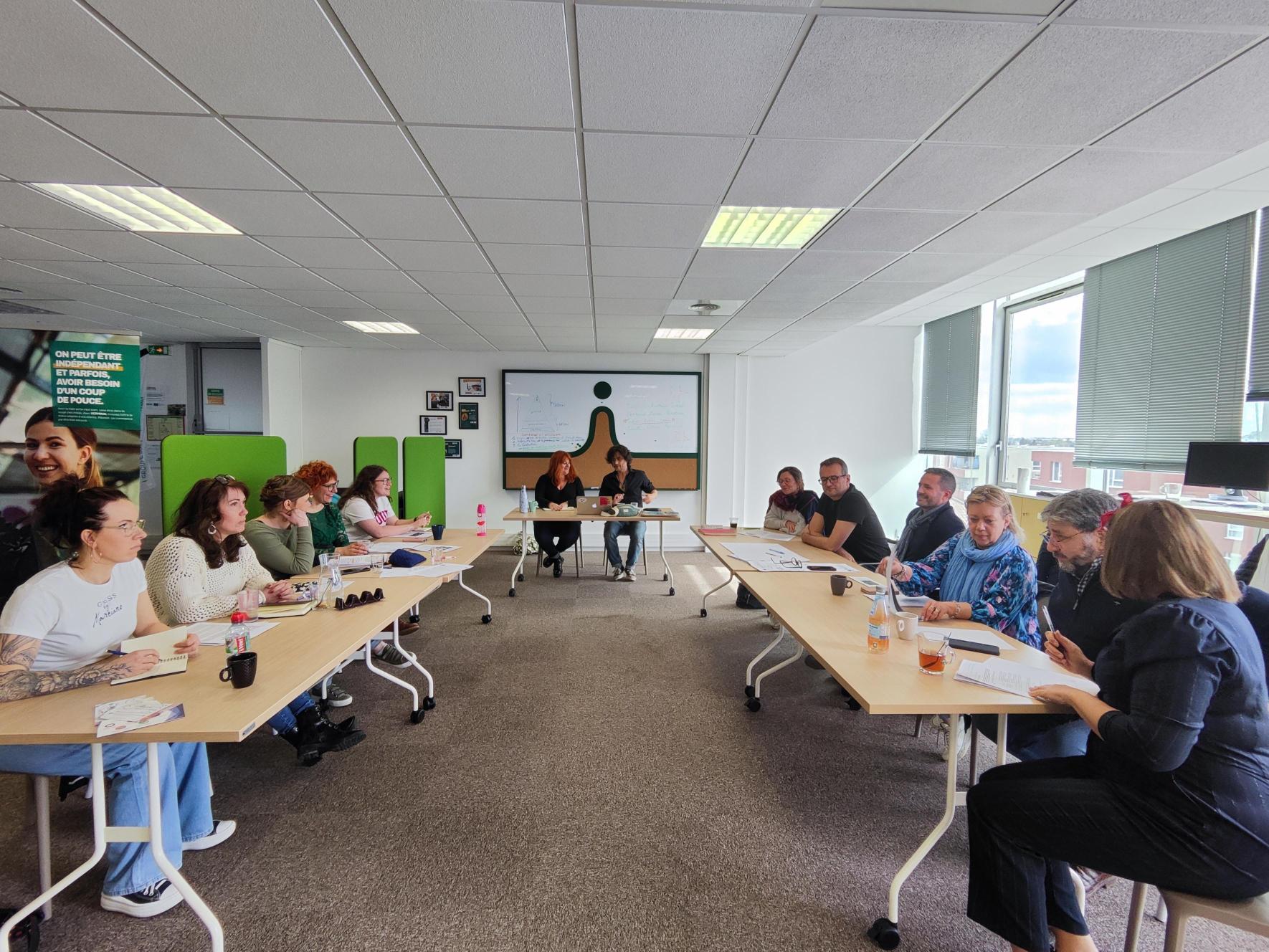
Entrepreneurship as a vector for social and economic inclusion
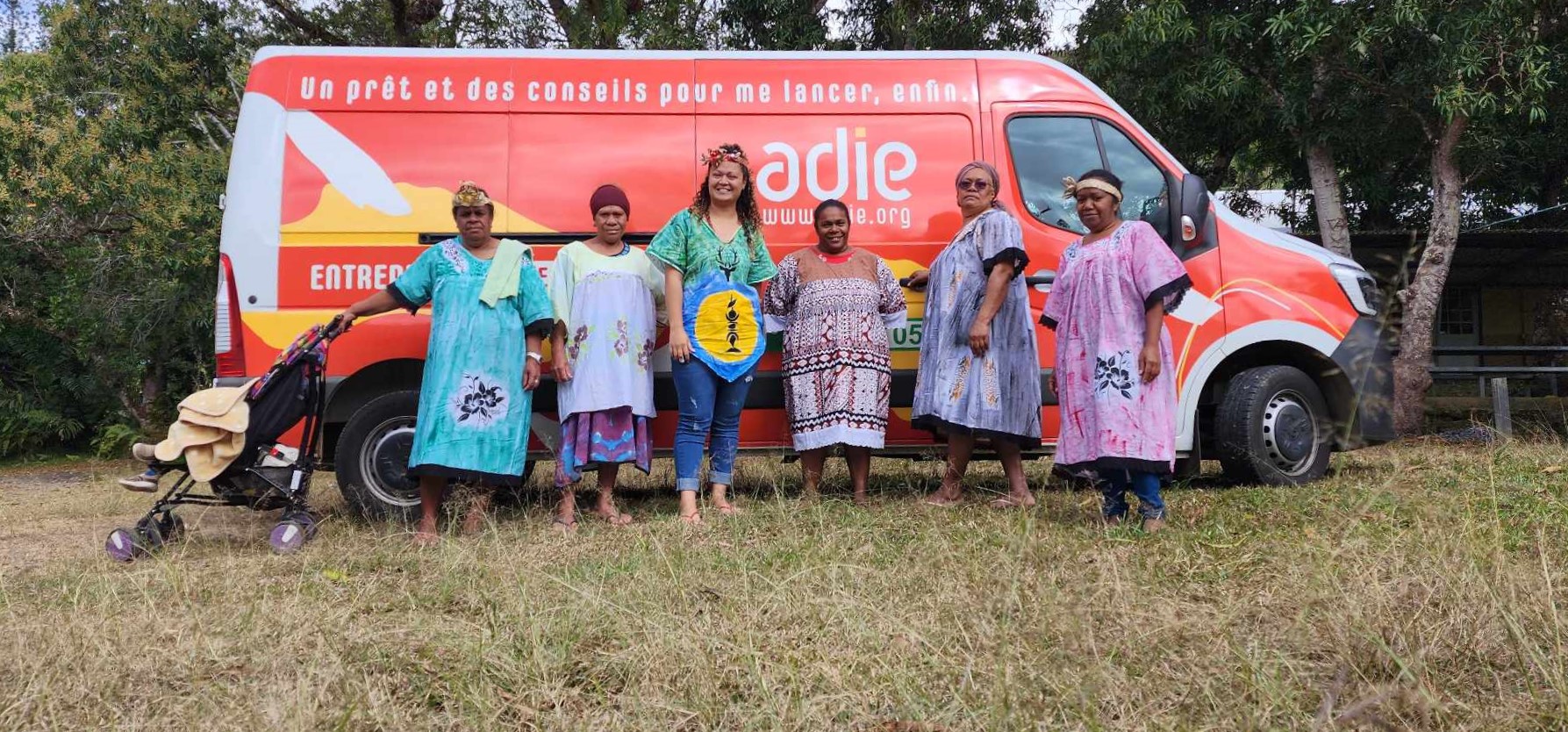
Unlocking access to financial services for indigenous communities and female entrepreneurs
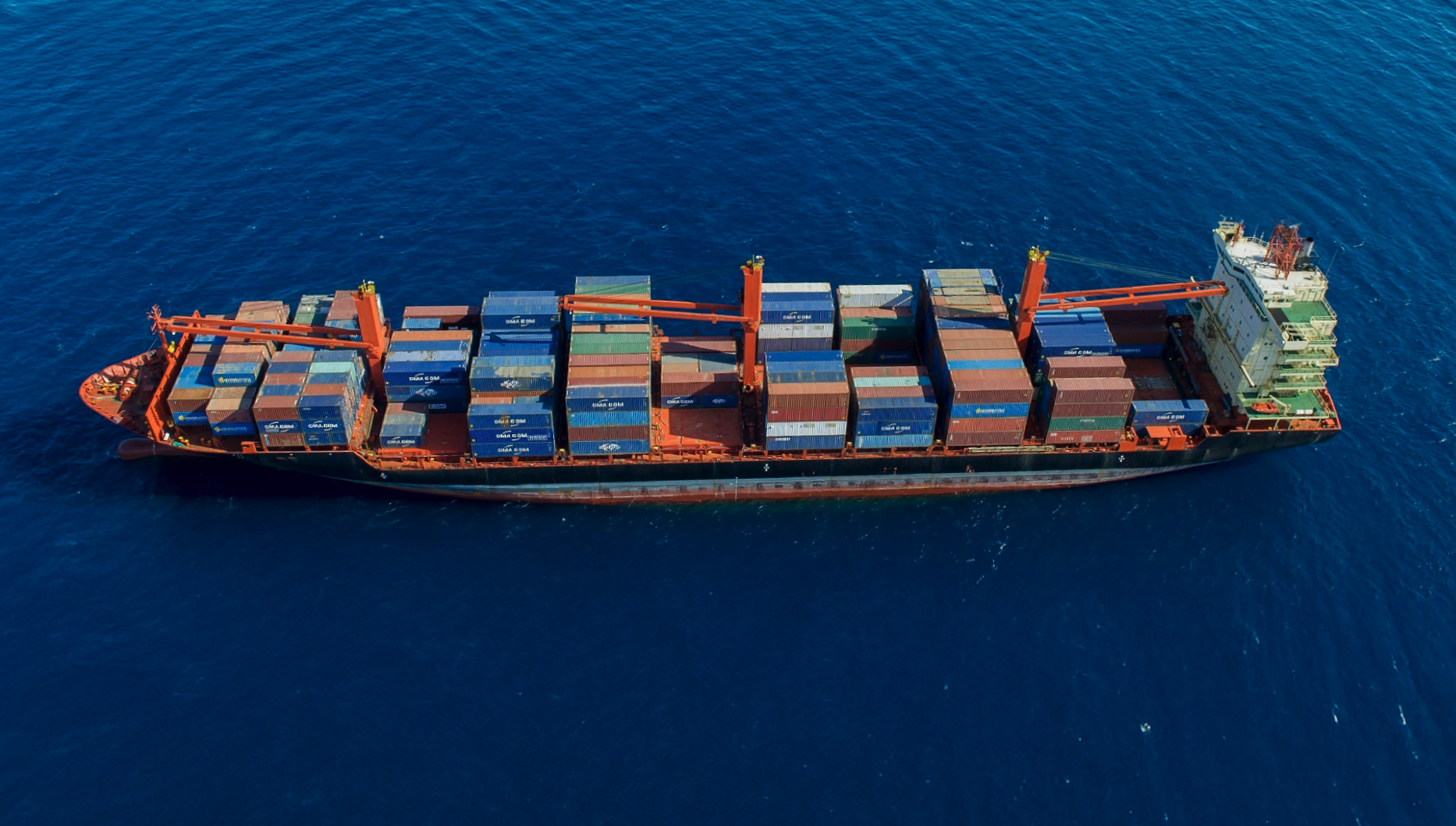
Enhancing China’s longer-term drive toward zero emission freight

Fair and equitable carbon finance for vulnerable communities
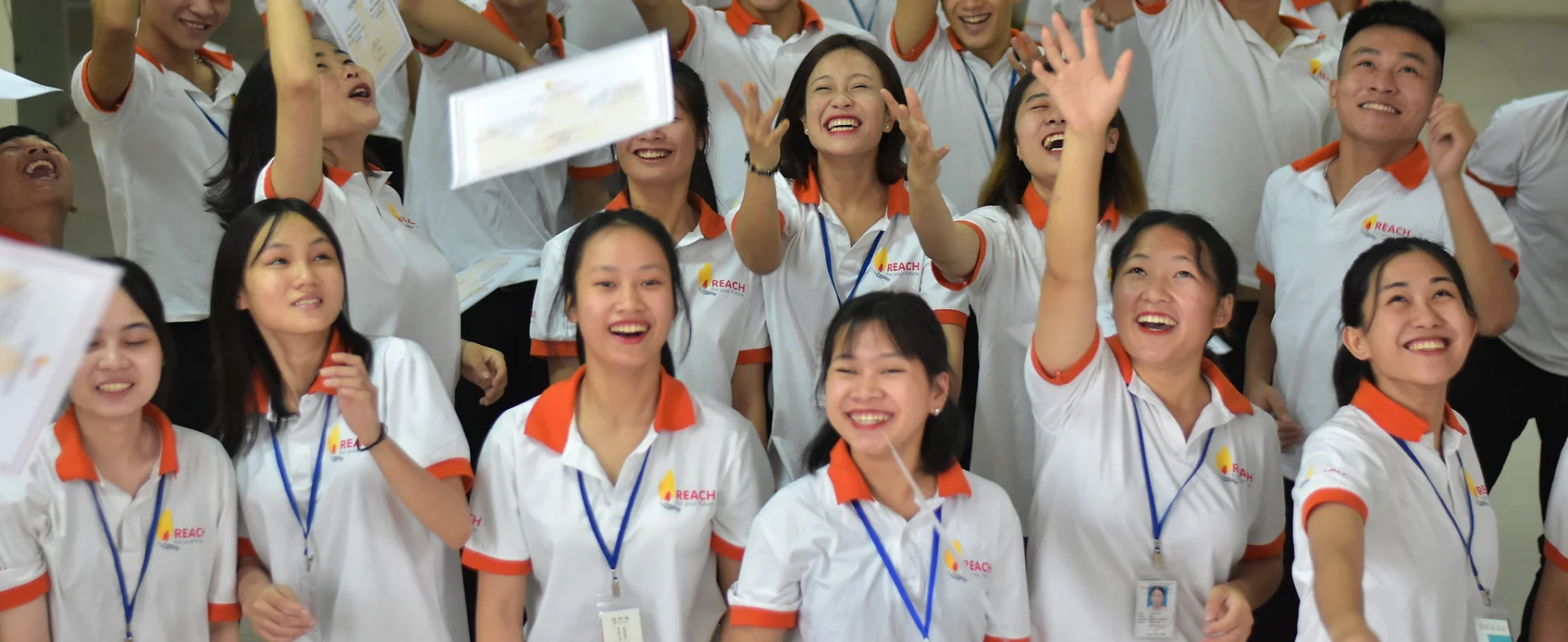
Boosting decent employment opportunities for Vietnam’s disadvantaged youth

An e-platform to boost micro-entrepreneurs’ revenues in Itaguaí
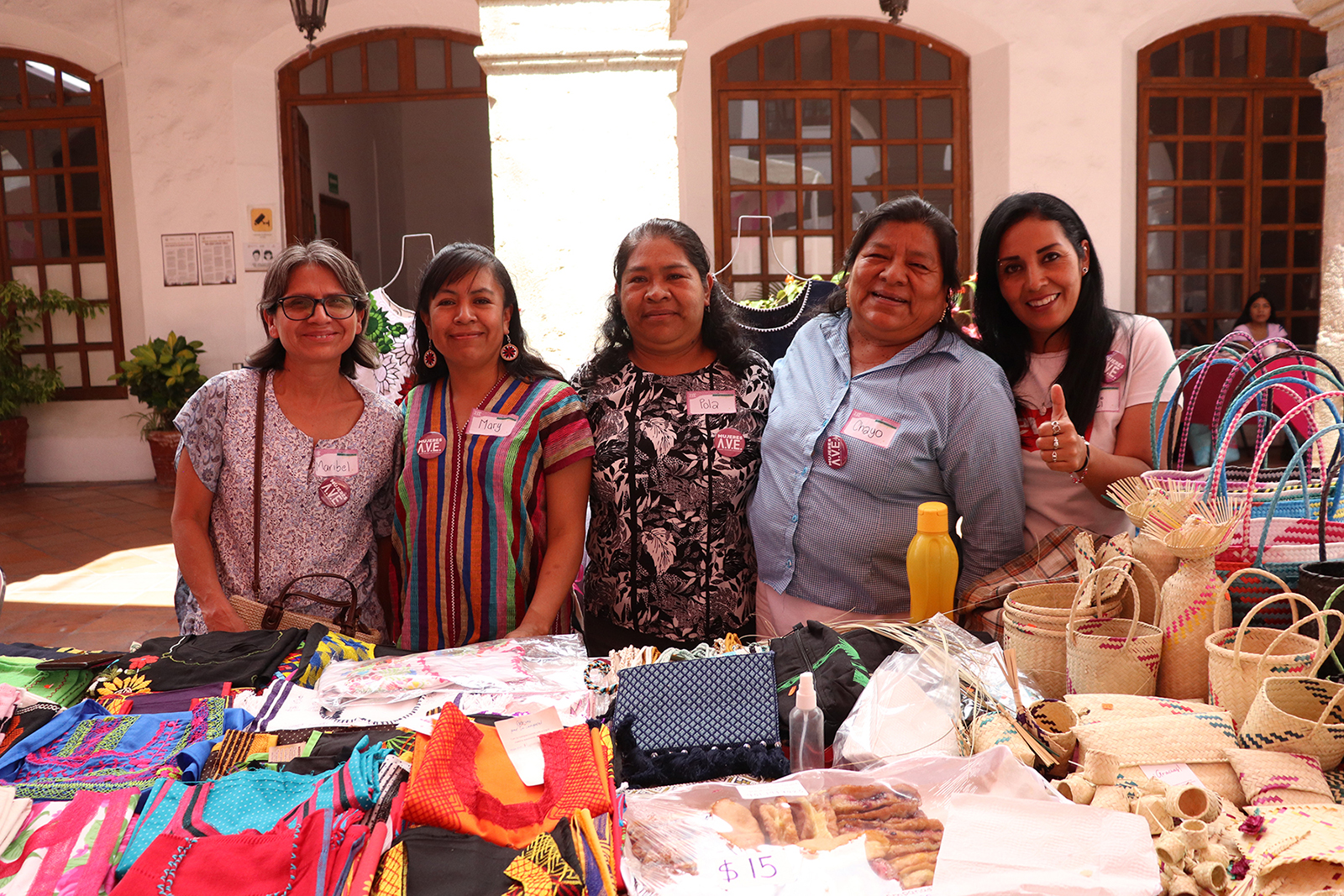
Unleashing the potential of marginalised women entrepreneurs in the Oaxaca State
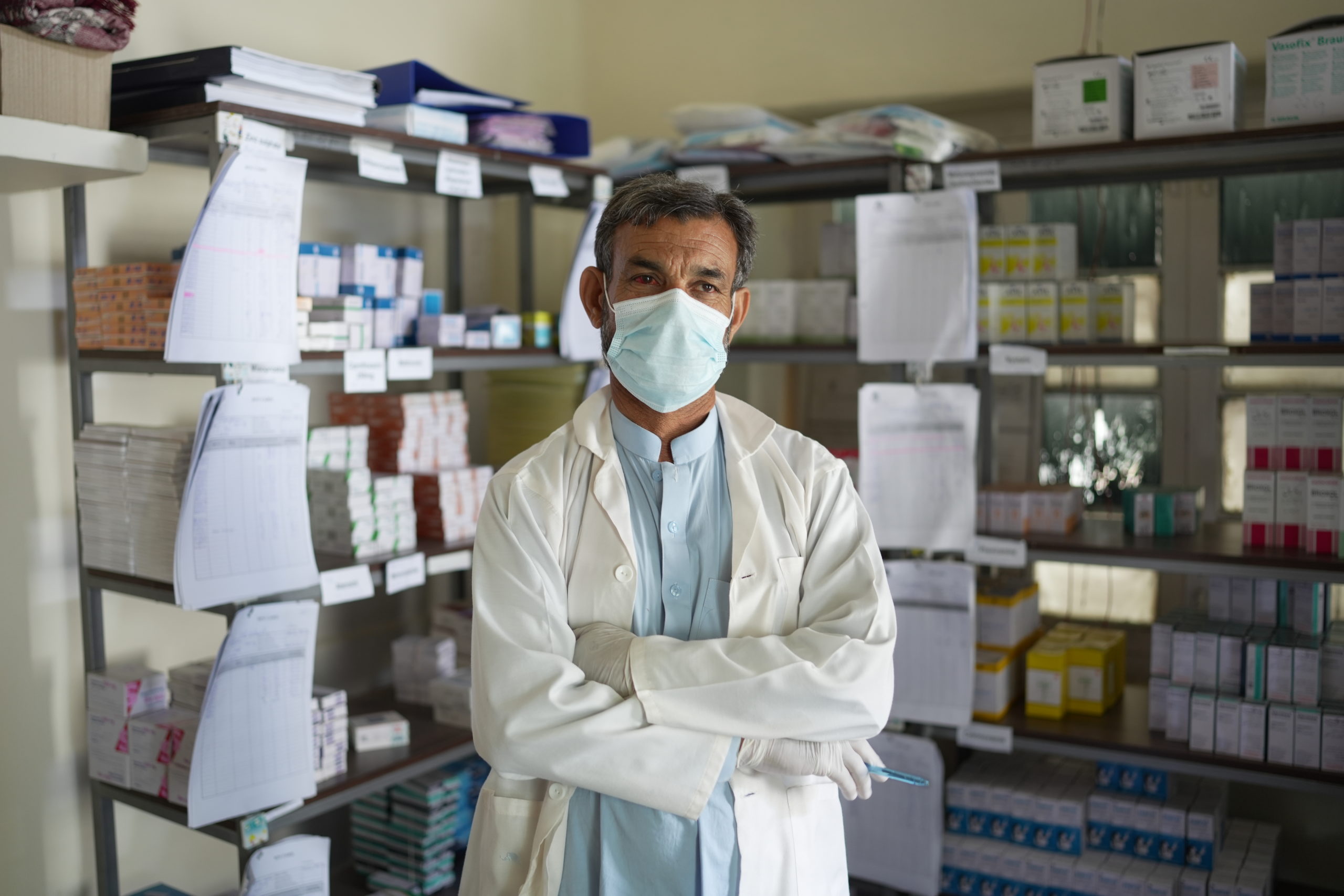
Improving the safe and effective delivery of health services for vulnerable populations
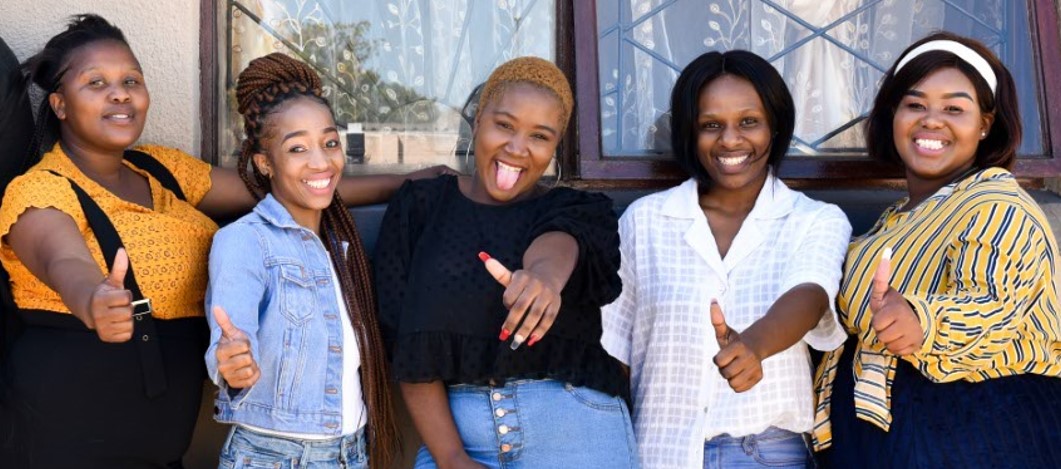
Unlocking the potential of the informal economy
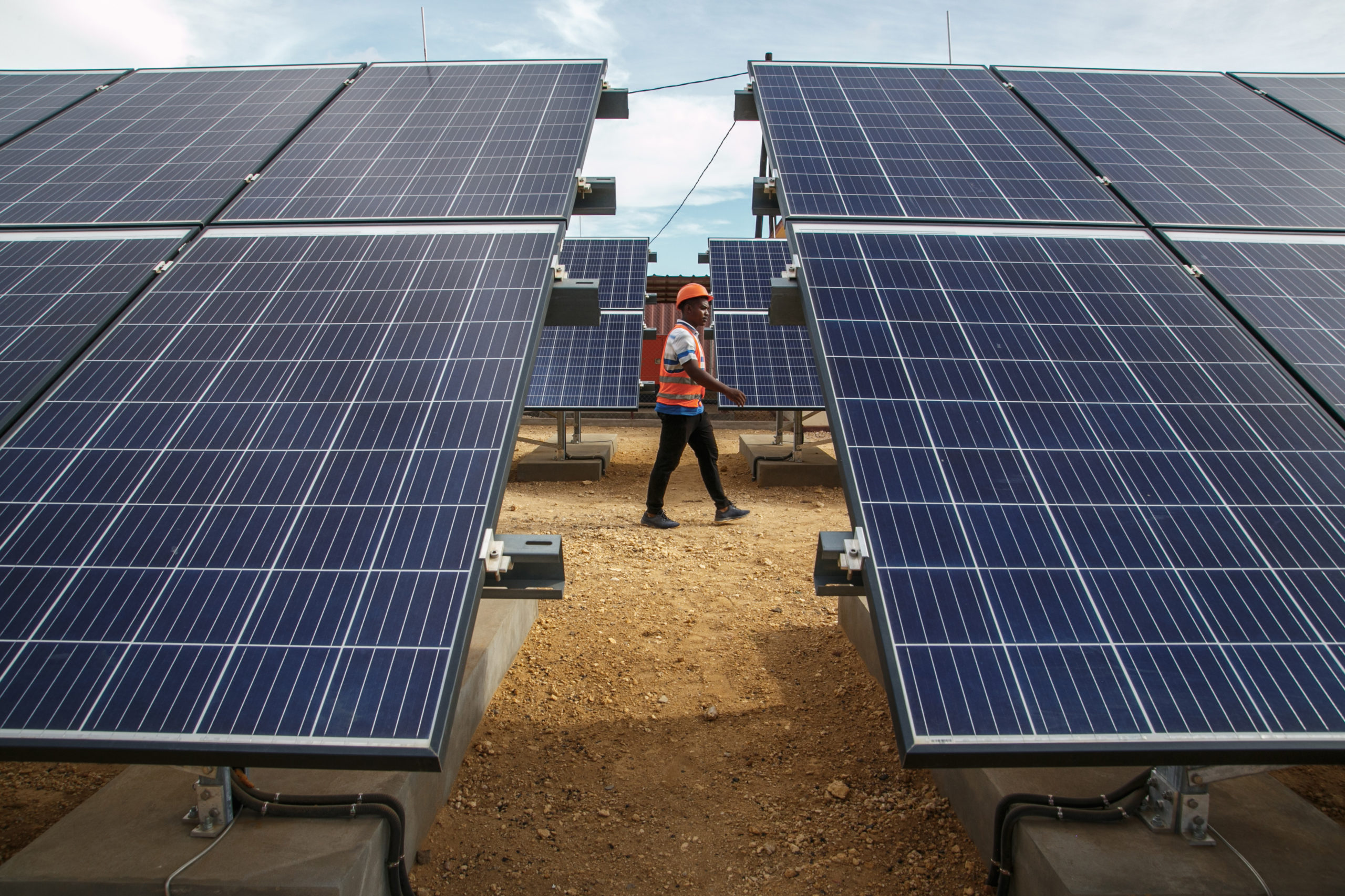
Promoting access to solar energy for rural communities
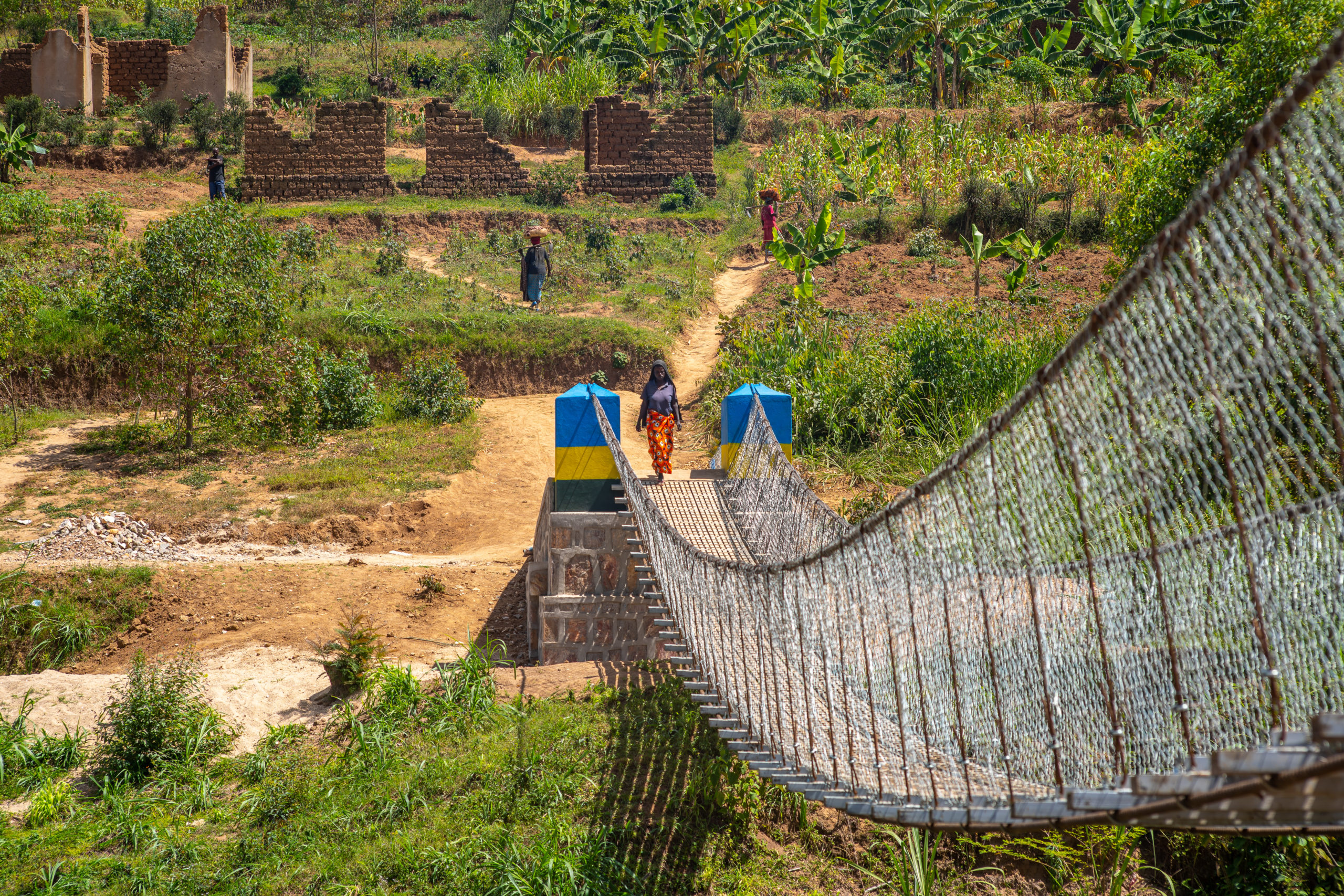
Connecting remote populations and unlocking their potential to thrive

Improving smallholder farmer livelihoods by strengthening cooperatives in the coffee, cocoa and honey sectors
adaptation


